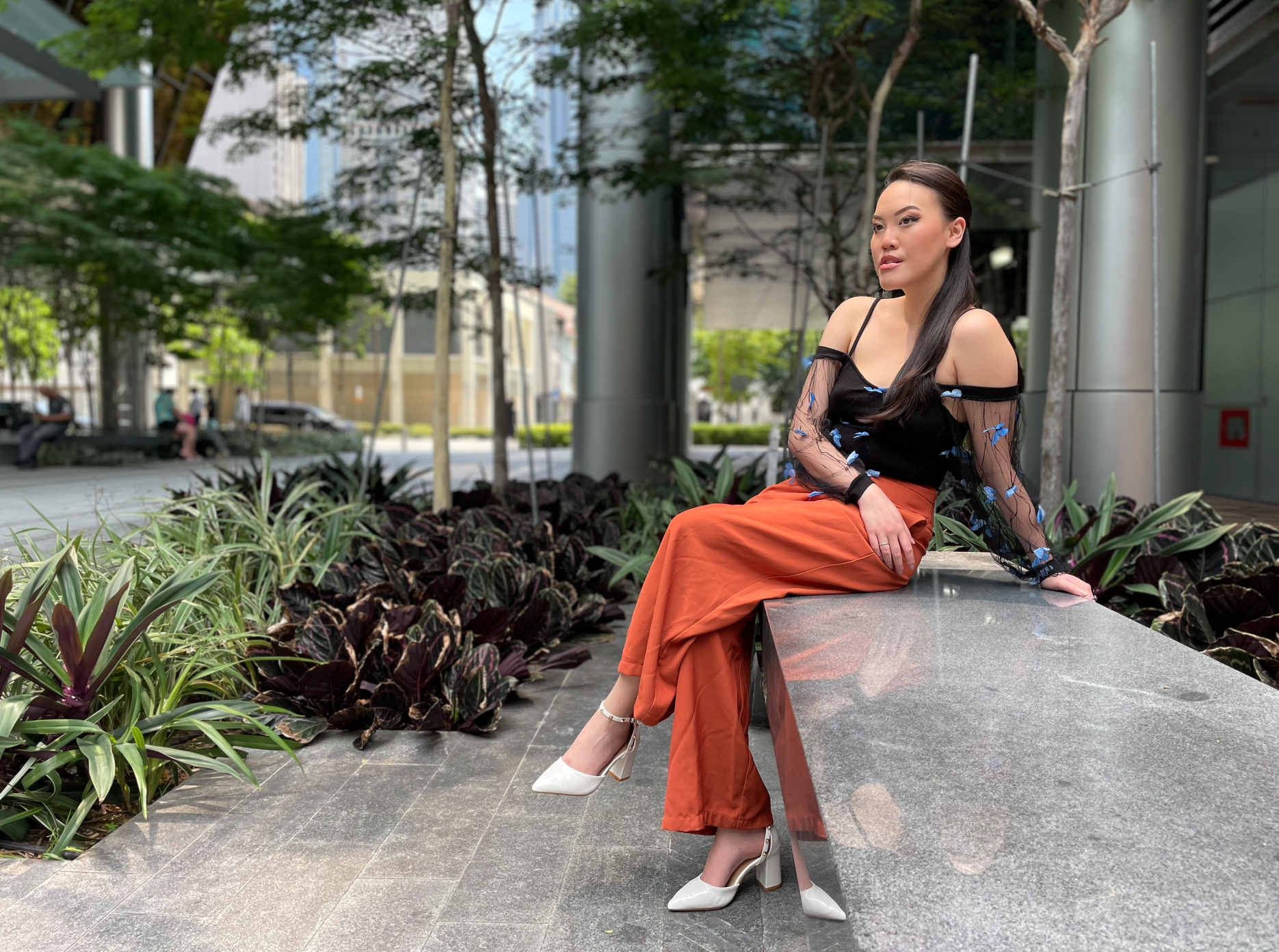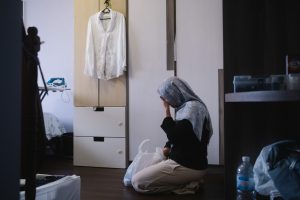Top image: Patricia Foo
All images: Edoardo Liotta unless otherwise stated
PR executive and venture capitalist Patricia Foo is the same age as me—we were 22 when this pandemic started; this year we are 25. Within minutes of meeting up, we laugh about how arid our early twenties have become.
“I refuse to acknowledge my birthday for as long as any restrictions are around,” she says. “As far as I’m concerned, I’ve been 22 for two years now.”
ADVERTISEMENT
I tell her how I had always envisioned this stage of my life being about going out with friends until late in the night, travelling, dating, and taking up new activities and hobbies. The reality is a lot more mundane—since the start of the pandemic, the monotonous days have melted into months and eventually into years.
Patricia went to university in Australia but was excited to move back to Singapore in 2019 after being there for a few years. “When I came back to Singapore, I travelled a lot, and the nightlife was great,” she says.
“We had the 10:30 pm curfew for so long, and I couldn’t do anything but go home after that. The energy is different. It felt like a real metropolitan city before. Recently it’s been more like a jail.”
On 24 March, the government announced a significant change in restrictions—group sizes can double to 10, there will no longer be a ban on alcohol at F&B establishments past 10:30pm, and live entertainment can resume. However, there is still no news about when nightclubs and KTVs can reopen.
While Singapore residents responded with relief and enthusiasm, it was too little too late for many young Singaporeans. Many have already left, and others have consolidated plans to leave.
For instance, Josh, a 25-year-old lawyer I spoke to who asked to have his name changed, recently moved to London. While he said he enjoyed his life in Singapore, the restrictions had already lasted far too long for his liking. DJ and crypto-investor Nicole, in her late twenties, has also moved to Dubai. So far, she has found the eased restrictions in the UAE more suitable to her lifestyle and interests. Nightlife has been back in full swing in Dubai for a while now, and immigration policies are friendly, meaning Singaporeans like Nicole, and other foreigners, can take up opportunities there to further their careers.
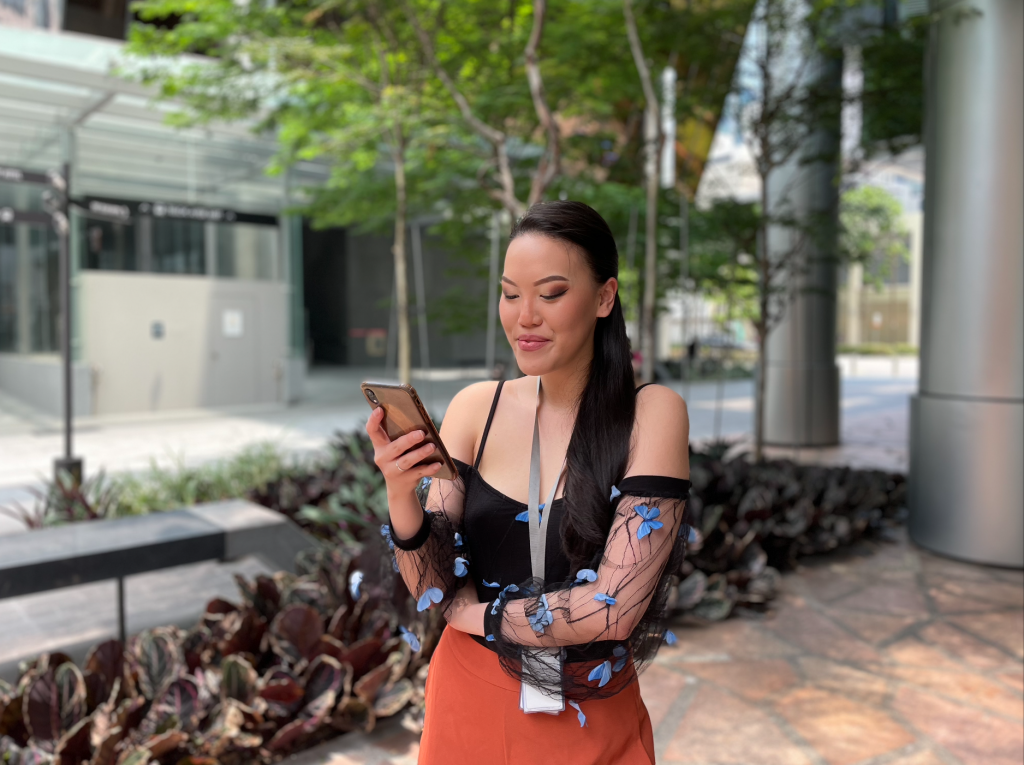
Similarly, instead of waiting for life to go back to how it was before, Patricia plans to move to Italy by the end of the year. She tells me how many of her friends left Singapore and how her struggle to make new ones because of the restrictions is a big part of why she chooses to leave.
“One of my good friends went to New York for a short trip last year and loved it so much that she moved there,” Patricia shares. “Another friend recently moved to Switzerland. If restrictions are not going to significantly ease and I’m not going to get to experience my youth here, then why don’t I also leave?”
“Many different countries are open to foreign talent coming in now too.”
The illusion of young-adulthood
Our early twenties often consist of toeing the line between planning for the future and enjoying the present. On the one hand, we must think about career and savings, or even marriage and buying a house. While those plans often preoccupy us, we still want to enjoy our years of independence and relative financial freedom before getting tied down by the many responsibilities that accumulate with age.
This pandemic has thrown off the balance—it became all work and no play. There were previously held curfews on alcohol consumption, group size limits, bans on live music, and the still present complete closure of nightclubs. These restrictions have limited the way young individuals destress and socialise. While the fun was put on hold for two years, ageing didn’t stop, and the process of planning for the future only grew exponentially.
ADVERTISEMENT
“Moving abroad in my twenties, in a way, will give me extra years to experience youth while expanding my professional opportunities and connections,” Justin Prahlad Kawagoe, a 27-year-old analyst at a bank, shares.
“Life is only getting shorter; I cannot waste more time stalling or waiting for something to happen. And now that I have a goal in mind with new opportunities in sight, life is getting interesting again.”
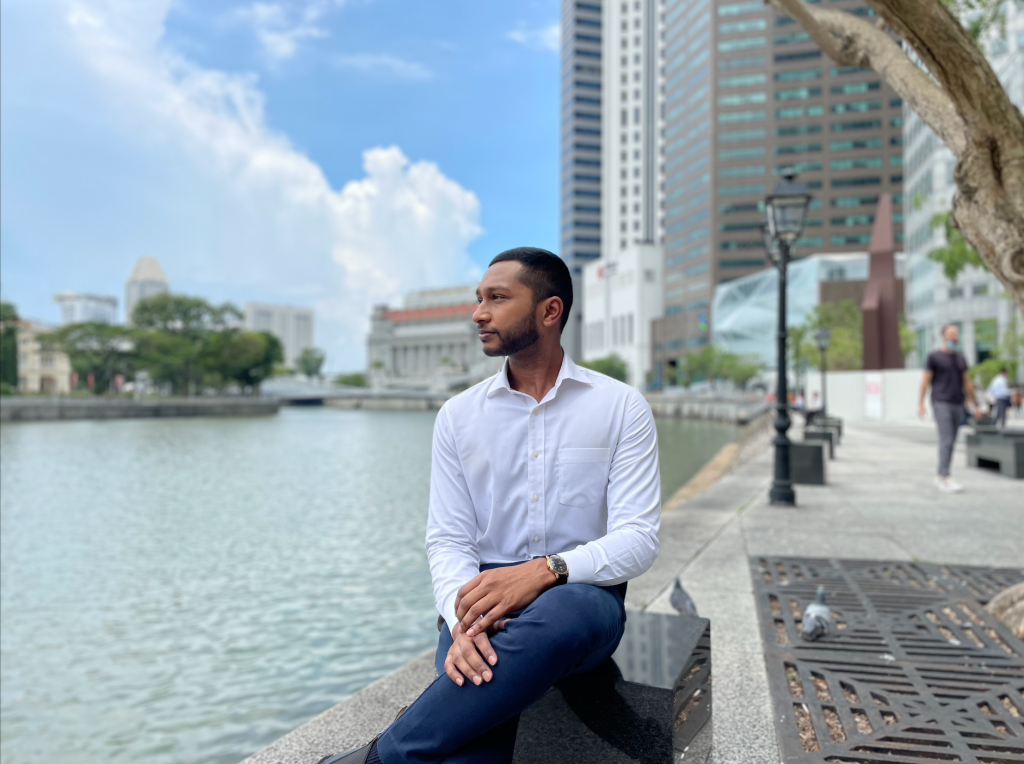
While the idea of a carefree and wild youth may have withered away due to restrictions, a more healthy vision of youth may have been adopted by many instead—one of slow but gradual progress. We don’t need to have everything figured out by 30, nor do we expect this decade to be filled with road trips, festivals, and heartbreaks.
For Justin, moving abroad gives him the perfect balance of both—he can explore career opportunities and upskill with international experience while also enjoying himself.
“Life has always been about exploring and doing things for the experience, never conforming to a work-slave lifestyle,” Justin explains. “The past few years have made it difficult to do so. While the restrictions at the start were understandable, it has taken too long to return to anything close to normal.”
Similarly, 20-year-old polytechnic graduate Maxine is hungry for excitement in her life and has therefore decided to move to Australia to further her studies.
“Many of us were forced to grow up quicker,” she tells me. “I say this because if not for the pandemic, many of us would probably have spent this time socialising, travelling and generally having fun. But if you take away all those things, what’s left for us is just work and study.”
Are they just whining about restrictions?
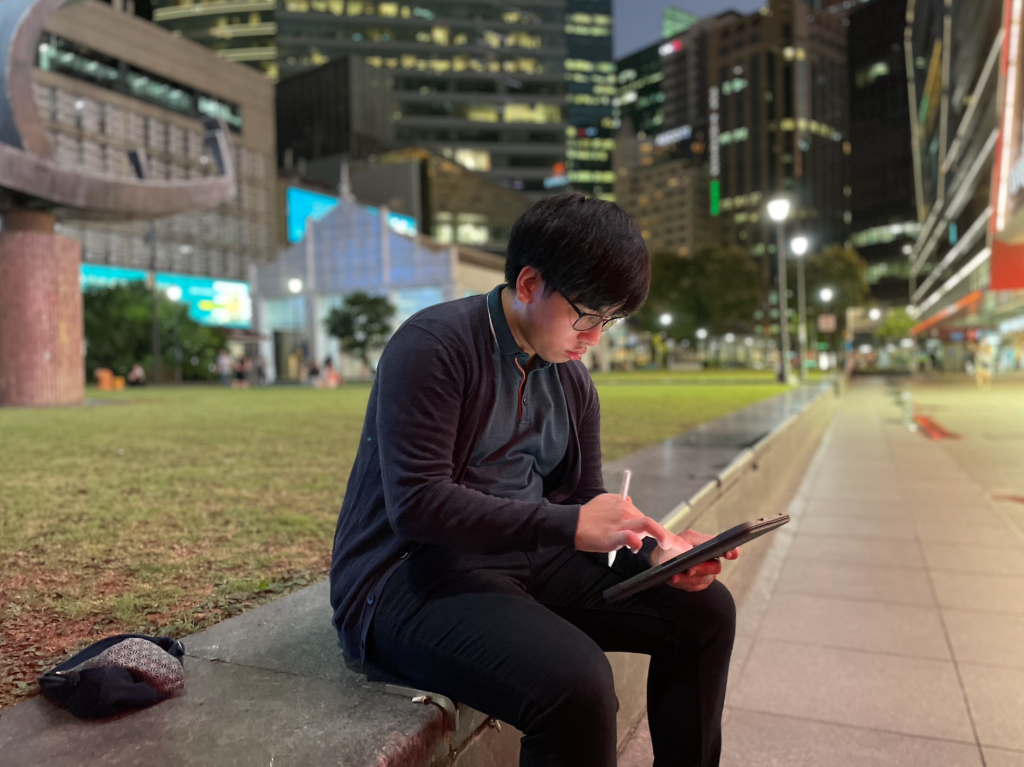
Many of the young adults I spoke to for this article were afraid of coming off as inconsiderate when sharing their sentiments about the current restrictions. After all, ‘it could be worse.’
ADVERTISEMENT
When I ask 19-year-old Alfonso Yuji Abeleda Cortez about his thoughts on the restrictions, he is quick to say that he is lucky not to have been disadvantaged by physical illness or great financial difficulty. Still, the pandemic has had a debilitating impact on his mental health.
Patricia is also quick to point out how “there are more pressing issues” and that “for the most part, young people are taken care of.”
“But what is not considered is our expression, freedom, and mental health,” she continues. “Because when we share our concerns about the restrictions, there’s a sense of: ‘well you’re not homeless, and you have a job, and you should be grateful, and we’re just trying to take care of you, and that is why we have all these restrictions. Who cares about fun when life is on the line?’
“And yes, I get that, but at this point, we’re kicking to kick and surviving to survive, but we’re not living anymore. So, no wonder people want to leave. No wonder young people have had it.”
In countries like the US, the pandemic has caused young adults to move back in with their parents at record rates. However, in Singapore, the norm is for young adults to live at home with their parents. Still, before the pandemic, there was already an increase in young adults moving out of their family homes. Since COVID, the number may have risen even higher because of Work From Home arrangements.
Justin confesses that it “does get suffocating having both work and parents associated with being home now.” While he did consider moving out and renting, he thought the prices in Singapore were too high. Instead, he is saving the money for his move abroad.
“As they get older, young Singaporeans have had to take on more responsibility in the home, for example by having to look after older family members, contributing financially as they get their first jobs, or by taking care of the house full-time—but now, these come with no escape outside.”
“We are losing our youth and a lot of our agency this way.”
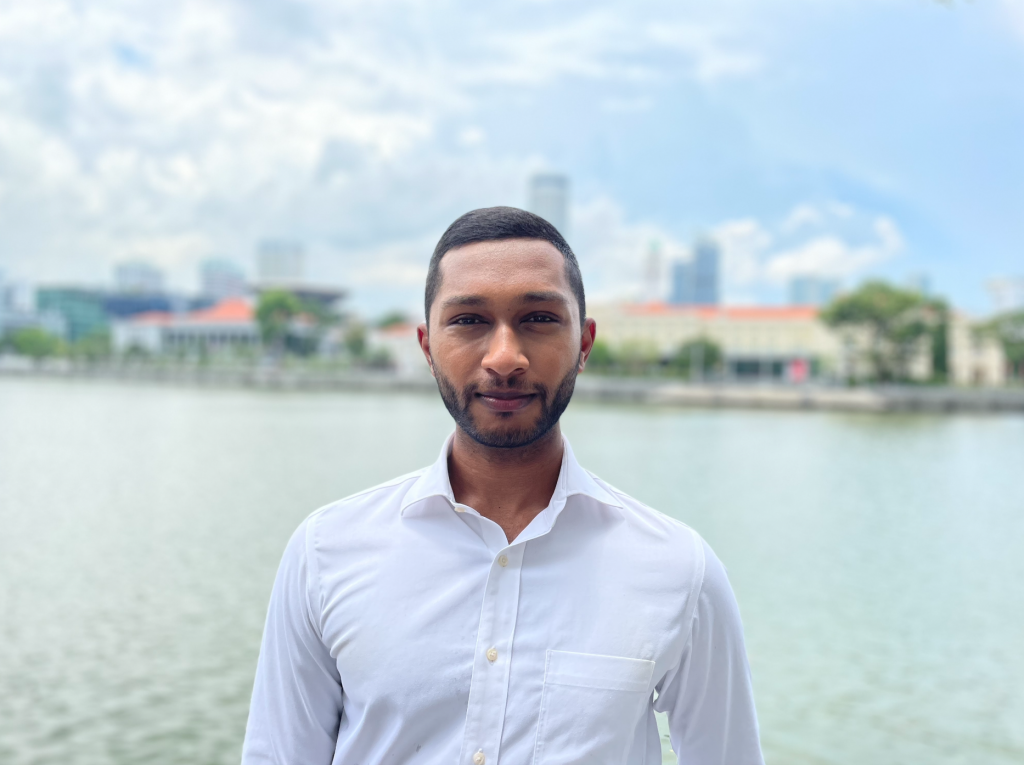
Beyond these frustrations at home, there is also a sense of exhaustion with the regulations, albeit them changing. When telling me why he is considering taking up studies in the US, Alfonso shares a story from last Christmas.
“I had a Christmas dinner with friends, but due to restrictions, our group of six was forced to split into two separate groups of three far apart from each other,” he shares. “While we managed to FaceTime each other so that we can talk over dinner, the physical separation certainly detracted from the experience.”
“I’ve been considering moving to the United States for a while now, for various reasons like education. But I have to admit that the more liberal easing of restrictions there remains an important deciding factor in my decision to move there. The overly cautious stance of the government eventually became a bane that I have come to detest, especially as I see my friends living overseas getting back their normal lives.”
Alfonso has already received a few offers from universities in the US, and he plans to accept one of them by May.
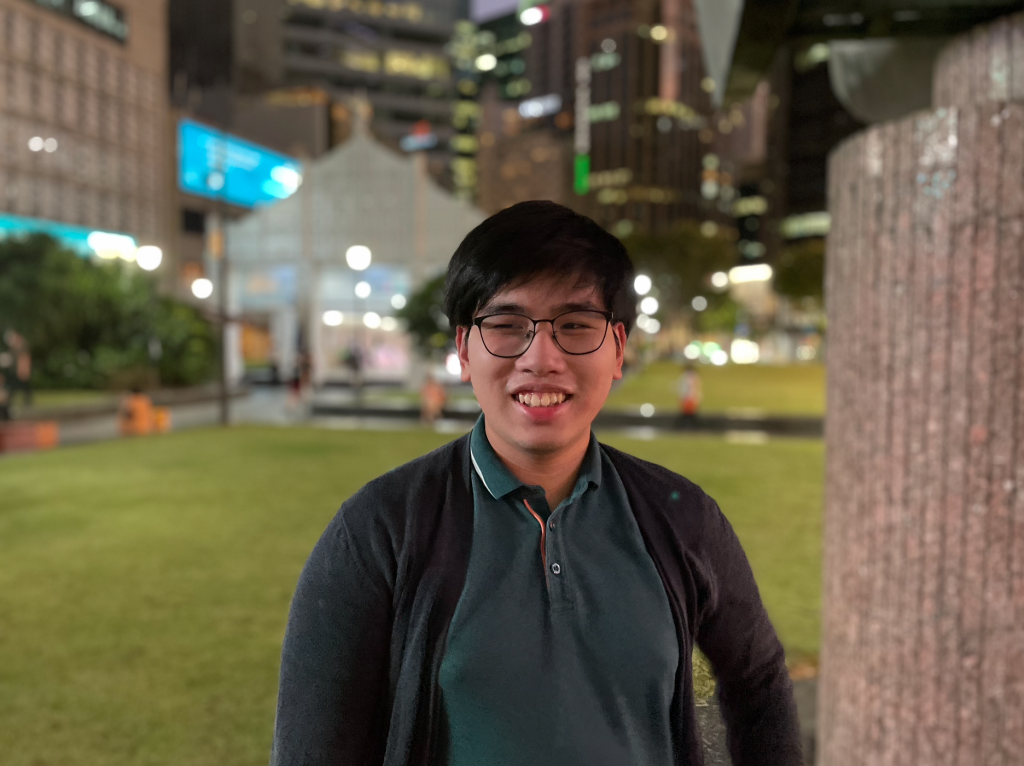
Careers, travel, and new-beginnings
Alfonso was part of the first Junior College cohort to go through JC entirely during the pandemic. Most activities and celebrations around his graduation were cancelled, which already left a bitter taste in his mouth. In between JC and university, Alfonso had always dreamt of going travelling. Of course, this became much more difficult with the pandemic.
The introduction of Vaccinated Travel Lanes (VTLs) in August 2021 was also only partially helpful in allowing young individuals to travel again. As they were often much more expensive than non-VTL flights, the idea of quarantine free travel was left to the more privileged. Patricia too, who visited Italy in December 2021, opted for a non-VTL flight on her return because of the price difference.
While Alfonso is excited about being able to resume performing again, he has found it hard to come to terms with the fact that it was taken from him for so long. He had various performances and projects lined up in 2020, all of which got cancelled.
But Alfonso is not alone—the entire music and entertainment community in Singapore has struggled extensively over the past years. Recently, the hashtag #SaveMusicSG has become popular after an Instagram page by the same name posted about the silence around when nightclubs can open again.
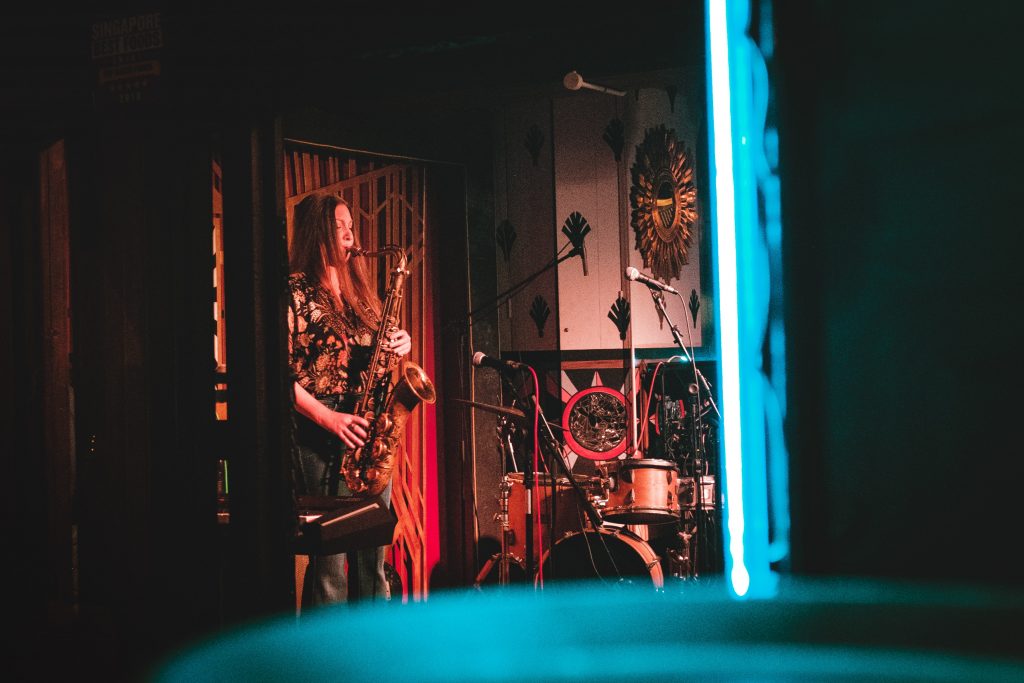
“711 days—that’s how long the live music industry has gone silent since the nation went into lockdown. Let’s stand united to heal our once vibrant creative industry and work together constructively to #savemusicsg,” their first post says.
Despite their efforts, nightlife venues like clubs and KTVs are still yet to be resumed. For this reason, many creatives have left Singapore—even the foreigners who came here in search of opportunity.
Caroline, a skilled engineer who moved to Singapore from Europe two years ago, has never seen the city-state in its pre-pandemic glory. Now, she is moving back to Europe because of her exhaustion with the restrictions.
“I love Singapore,” she tells me, “but the whole situation has drained me.”
“I’m a photographer on the side as it is my passion, but because all the parks and benches have been plastered with ‘Xs’ and restriction markers, I have barely done any photography. It just doesn’t look good, and it makes me feel uninspired.”
“The difficulty with all the travel restrictions has also made me feel trapped for too long.”
Love and other things
30-year-old Rocsan Gasser moved to Singapore to teach after receiving her master’s degree in music education from New York University.
“My life back then was simple: work, eat, sleep, and repeat,” the Filipino said of her time in Singapore during the pandemic. “There is no such thing as work-life balance.”
Dating and making friends was especially hard for her due to restrictions. This is mainly in line with what most young Singaporeans are feeling—a TODAY survey found that over 50% of youths have become more fearful and less sociable since the pandemic started.
However, she eventually met her partner in Singapore thanks to the dating app Bumble. After getting married, they moved to Paris together.
When I asked Rocsan if she felt like her best days had been impacted by the pandemic, she tells me about her wedding.

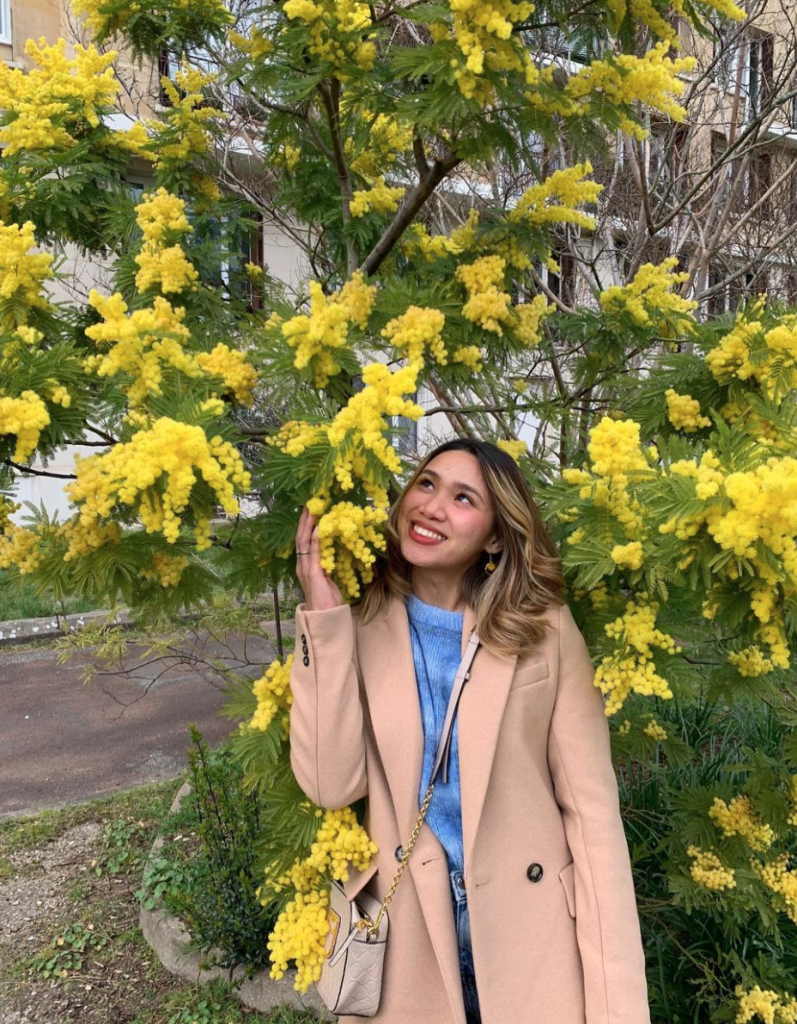
“The limit for an outdoor wedding was 20 people in August 2020, including the bride, groom, and solemniser. We were not permitted to play music at all, make loud noises, or engage in dancing or singing,” she recounts. “Worst of all, our parents could not travel to Singapore because the borders were closed.”
“They say the most memorable moment in a woman’s life is when her parents walk her down the aisle on her wedding day. I wish I could change everything.”
For both Rocsan and Patricia, part of the reason for their move is for love.
After becoming fed up with her dating life in Singapore, Patricia signed up for a free Tinder passport feature made available during lockdowns. She met her current partner on the app, who lives in Italy.
“It’s been tough to connect with people throughout the pandemic,” she confesses. “I found that we all went through our own journey during the lockdown, and many of the people I dated did not have the same mindset or priorities as I did after coming out of it.”
For Patricia and Alfonso, there is a slight chance they may still decide to remain in Singapore. They both tell me they have already started making plans to move but that they are open to seeing how the next few months pan out now that restrictions are easing.
“I want to see if Singapore will rush back into old restrictions the moment there’s a small spike in cases again,” Patricia shares. “I also want to see if they open up nightlife like clubs and concerts.”
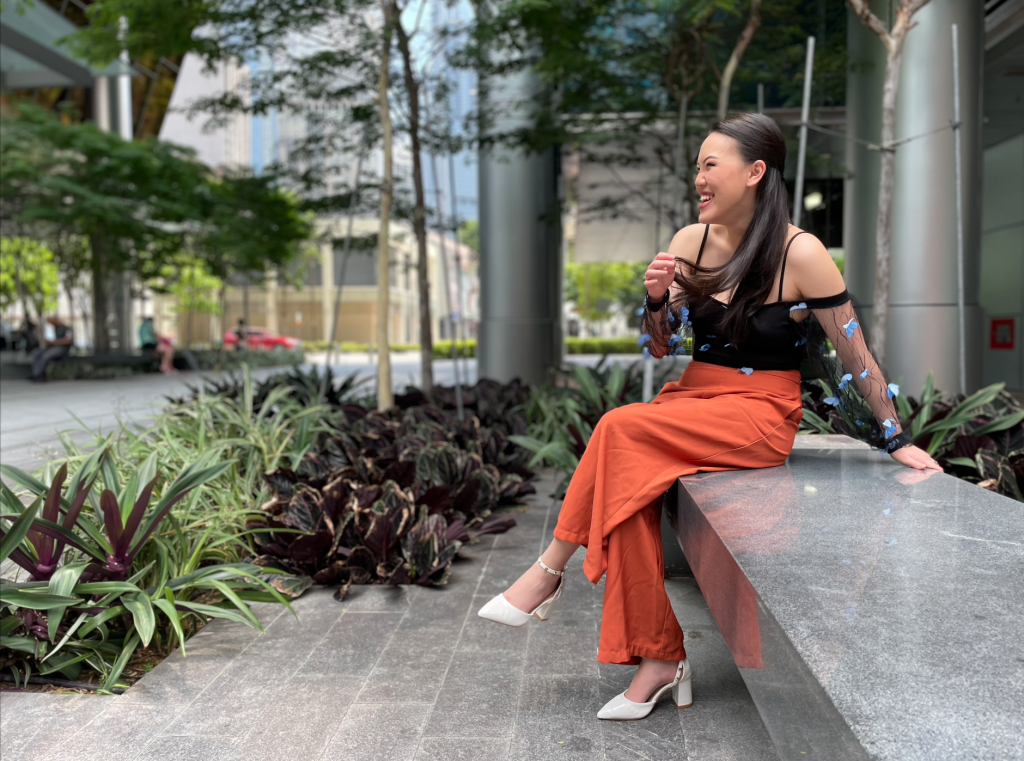
Restrictions have fluctuated extensively, especially in 2021. At the end of 2020, for example, group sizes were increased to eight people. In May 2021 group sizes were reduced back to five, and then to two in July in a huge turn of events. In August the number was brought to five, before being pushed down to two yet again in September.
While these were all points of frustration, at this point, moving is about more than just the restrictions for young individuals who have decided to take the leap. After two years of living in a closed city, their wanderlust and yearning for adventure cannot be culled by the relaxation of measures.
“Many young Singaporeans like myself have been craving for a change,” Patricia says. “It will be difficult to start life over and learn the ways of a new culture—but it’s also very exciting.”

